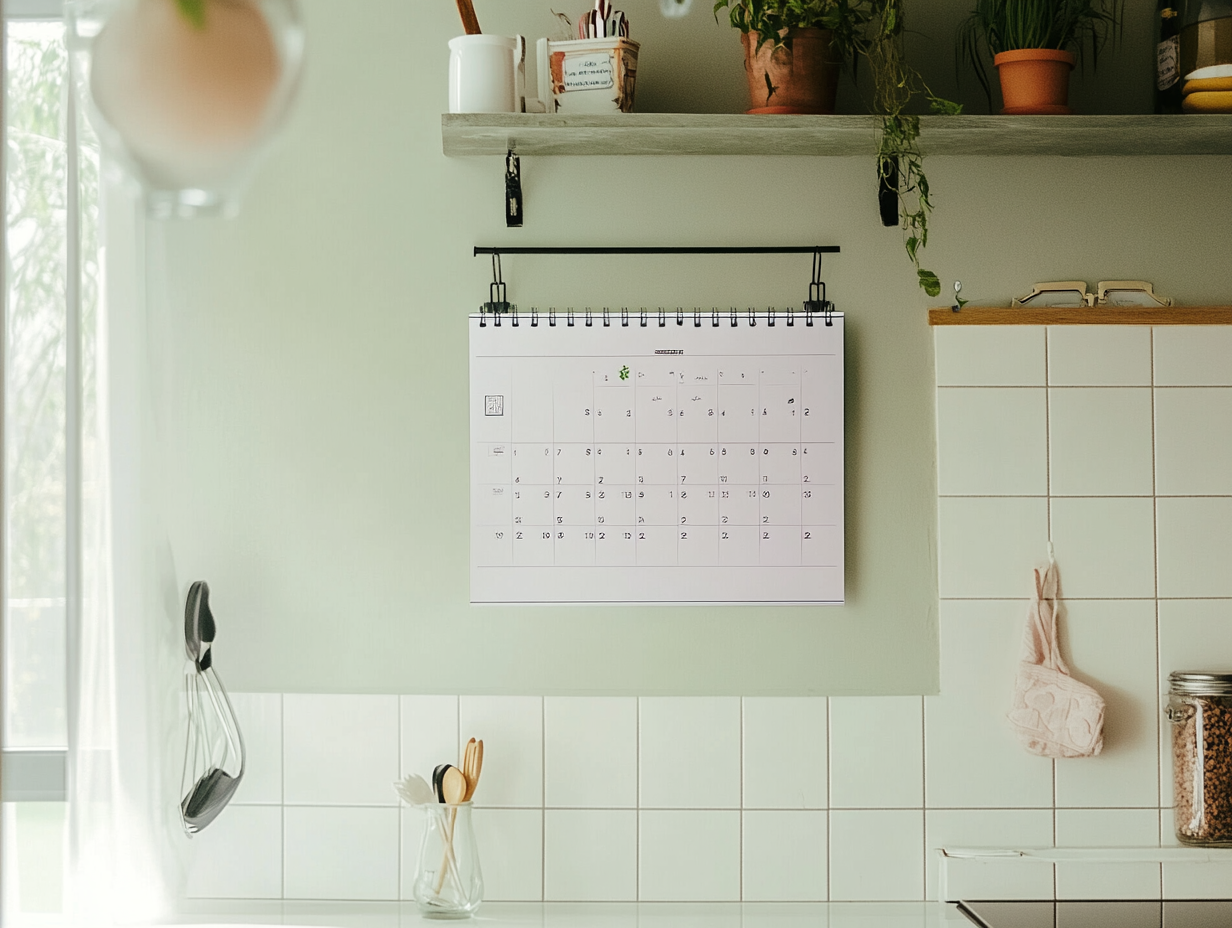No one wants to feel like they’re being micromanaged - especially older adults who value their independence. Yet as memory becomes less reliable with age or early-stage dementia, missed appointments and confusion about the schedule can become regular concerns for families.
So how do you support your aging loved one in remembering appointments - without constantly reminding them and sounding like a broken record?
Here are practical, respectful strategies to help them stay on top of their routine, without the nagging.
1. Use a Dedicated Reminder App That Does the Nudging for You
Instead of repeated phone calls or post-it notes, consider using a gentle, tech-powered solution.
Apps like Elli Cares allow family members to schedule appointment reminders - delivered directly to the senior’s device via push notification, voice, or even video.
💡 Tip: Elli Cares lets you record a video reminder in your own voice, saying something like:
“Hey Dad, your physio is at 2 PM today. Don’t forget your walking shoes. Love you!”
That’s not nagging - it’s connection.
👉 Learn how video message apps support dementia care
2. Establish a Daily Rhythm or Routine
People with memory issues often struggle more with spontaneous events than with those built into a regular schedule. Help your loved one develop a routine that includes a daily review of the calendar.
Try:
- Reviewing appointments after breakfast
- Setting alarms at the same time each day
- Using visual calendars placed in visible spots
If they prefer paper, combine a wall calendar with app-based reminders for double reinforcement.
Read the Alzheimer's Association - Daily Care: Daily Planning guide on the importance of routine and structured support
3. Avoid Last-Minute Changes
If your loved one tends to forget appointments, changing the plan on the fly can increase stress and reduce follow-through.
Instead:
- Stick to consistent time slots for recurring events (e.g., always schedule checkups on Mondays at 10 AM)
- Share new appointments in advance - verbally and through reminders
- Use visual cues, like laying out clothes or transportation prep
4. Let the Tech Take the Blame
Sometimes, seniors are more receptive to reminders from a neutral tool than from a well-meaning (but persistent) family member.
Tools like Elli Cares allow you to:
- Schedule recurring reminders
- Add appointment details and notes
- Confirm if the reminder was seen
- Send video nudges instead of written messages
This helps the reminder feel less personal and confrontational, and more like part of their routine.
👉 Discover how Elli Cares helps manage daily tasks
5. Make It Visual
For seniors who struggle with reading or processing, try picture-based prompts. You can:
- Attach a photo of the doctor or the clinic to the reminder
- Use emojis or symbols (e.g., 💊 for medication, 🚗 for transport)
- Use calendar widgets or large-font interfaces on their phone
These visual cues reduce cognitive load and increase clarity.
6. Use Positive Reinforcement, Not Pressure
If a loved one consistently forgets, try to validate their experience before jumping into solutions.
Say:
- “I know there’s been a lot to keep track of lately - want to try something that could help?”
- “You don’t have to rely on your memory alone. Let’s make this easier for both of us.”
👉 Read: How to Encourage Medication Adherence Without Conflict
Framing the tool or strategy as a way to support their independence - not control them - makes all the difference.
7. Celebrate Wins (Even Small Ones)
Positive reinforcement can help the new system stick. When a reminder works, or they show up prepared, celebrate it. Say something like:
- “You were right on time today - awesome!”
- “That new reminder really helped, didn’t it?”
This feedback loop encourages confidence, not dependence.
Final Thought: Support, Not Supervision
Helping someone remember their appointments isn’t about control - it’s about building gentle systems that support independence and dignity. With the right tools, reminders don’t have to feel like nagging. They can feel like encouragement.
📱 Want to try a respectful, tech-powered approach?
👉 Learn more about Elli Cares and how families use it to manage schedules, reminders, and connection - together.








